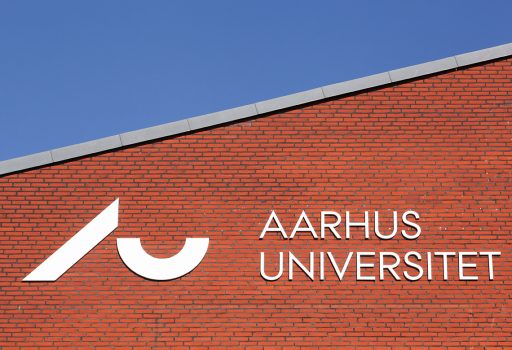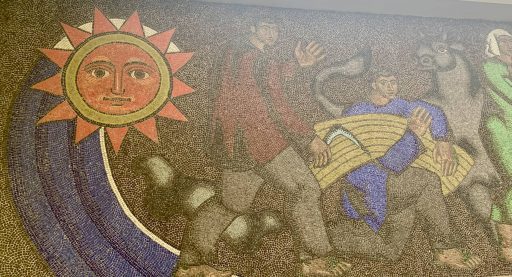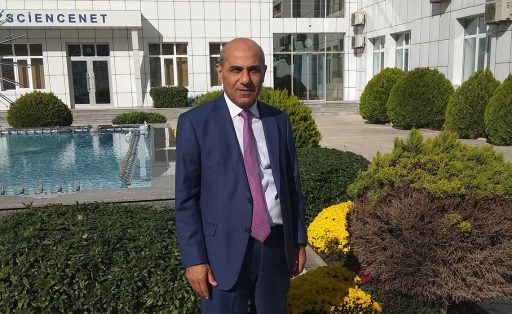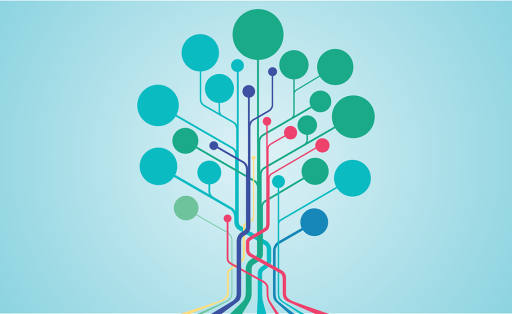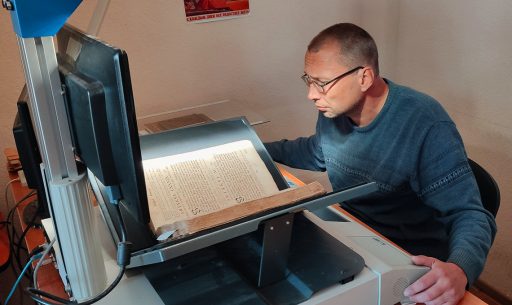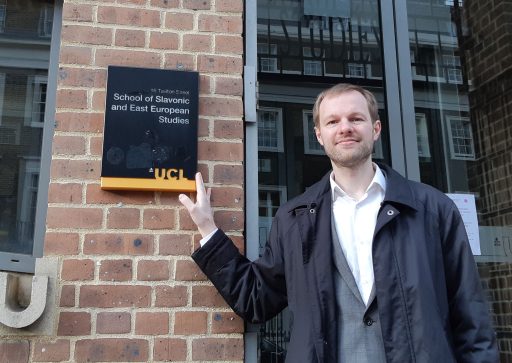The avatar effect: why we take more risks in the virtual world
A Japanese study reveals that people behave more recklessly when they think avatars, not humans, are judging their actions.
A Japanese study reveals that people behave more recklessly when they think avatars, not humans, are judging their actions.









